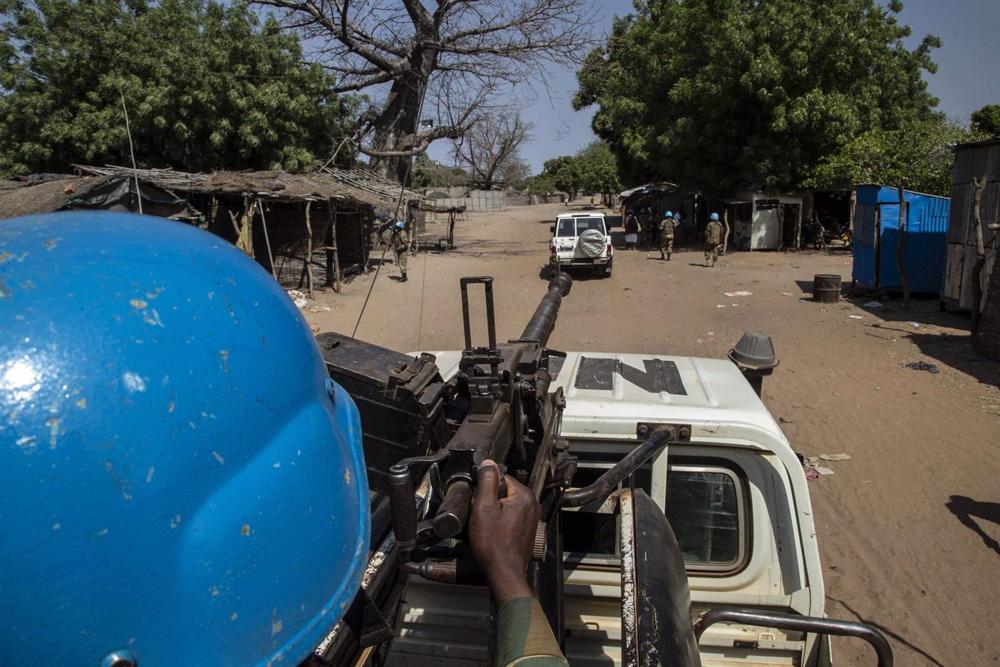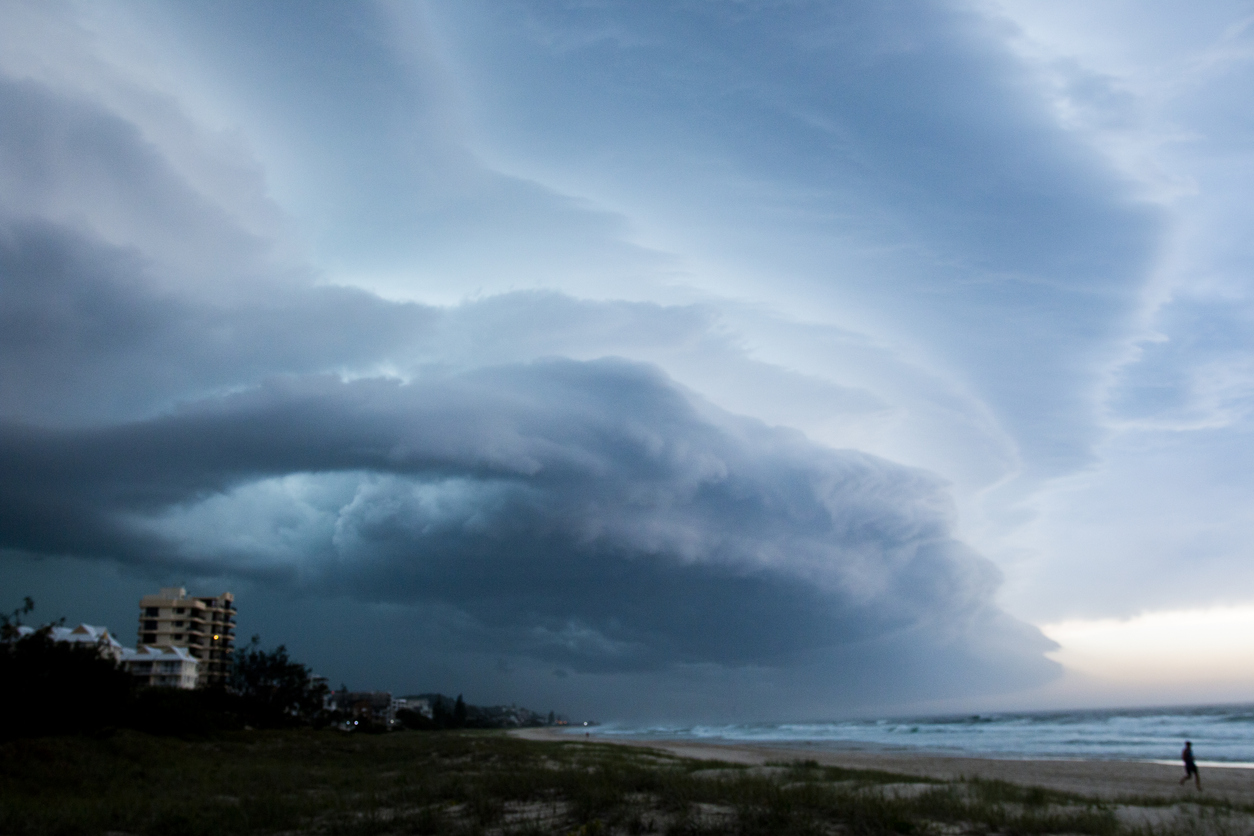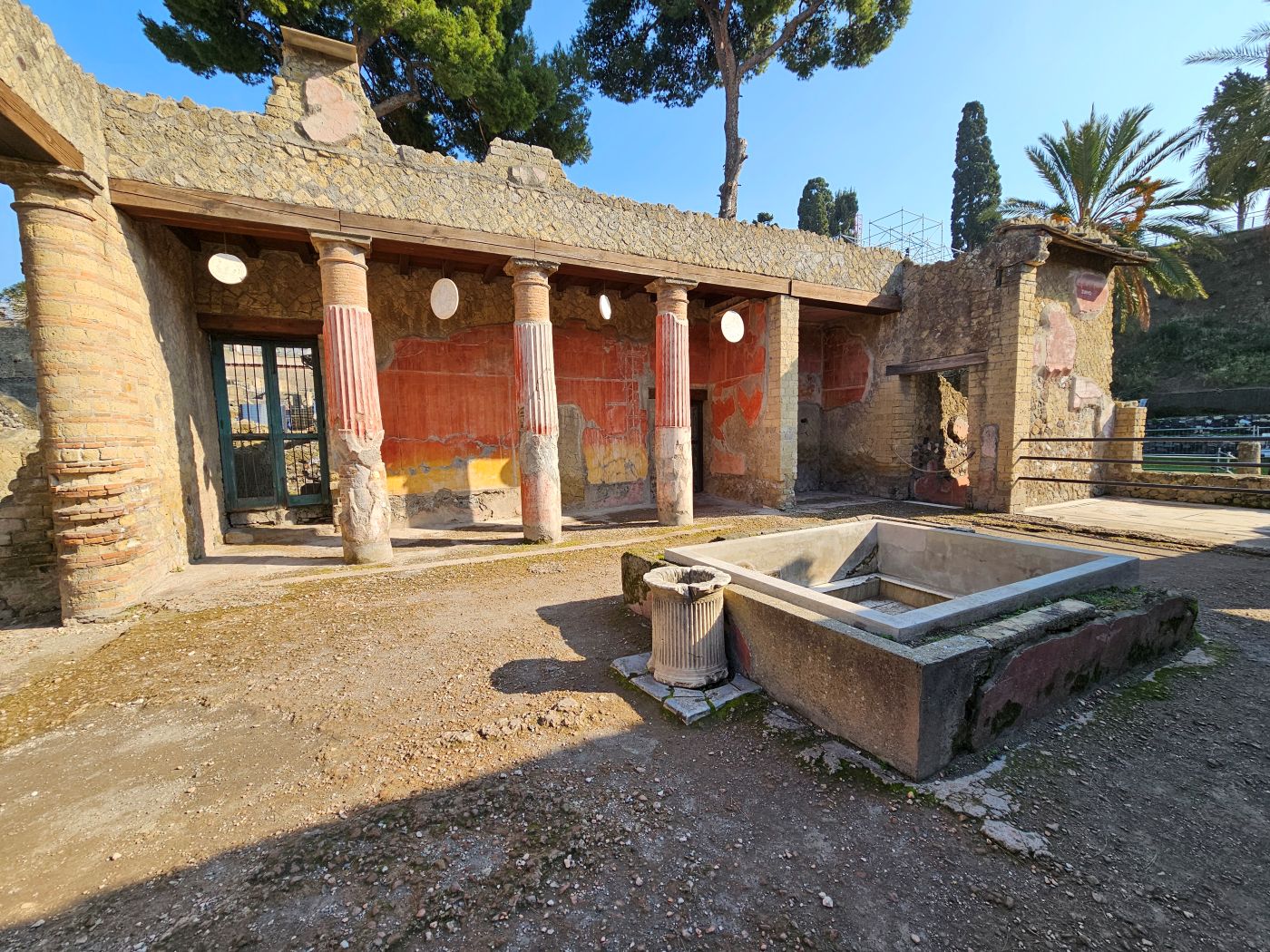
The United Nations Security Council has approved a one-year extension of the mandate of the UN Integrated One-Dimensional Stabilization Mission in the Central African Republic (MINUSCA), a resolution supported despite differences in the wording of the text.
The mission maintains the deployment of 14,400 military and 3,020 police, with little change to its core tasks, which include supporting the peace process and the peace agreement signed in February 2019.
The negotiations have been marked by tensions and differences of opinion among the member countries of the UN Security Council, which has been reflected in the document being approved with the abstention of Russia, China and Gabon.
The ‘number two’ of the Russian delegation to the UN, Anna Evstingniva, explained in a statement that Moscow abstained because «after long negotiations on the text, the draft reflected only one of the many fundamental points presented by CAR on the end of the authorization of French assistance to MINUSCA».
«Bangui’s proposals on the mandate were not reflected in the document. The draft ignored the justified request to designate assistance to maintain the presence of MINUSCA’s top priority, which would have helped to reflect the changing situation on the ground and further support the stabilization efforts of CAR authorities, which have yielded results, as can be seen,» he has argued.
In this regard, he stressed that Russia «cannot accept that the resolution puts the parties to the conflict on the same level» and said that «everyone knows that it is the armed groups that are responsible for most of the cross-border crimes, violations of international law and human rights».
For her part, the deputy representative of France to the UN, Nathalie Broadhurst, applauded the renewal of MINUSCA’s mandate and argued that it gives «a robust mandate» to the mission, which operates in a «difficult environment».
«The situation in CAR is fragile and the country still needs MINUSCA,» said Broadhurst, who regretted the abstentions in the vote, because «MINUSCA needs unanimous support.» «France has listened to CAR», he defended.
The vote came just days after Russian President Vladimir Putin defended the need to «intensify cooperation» with CAR, amid Western complaints about the deployment of Wagner Group mercenaries to support the army’s operations against the rebels.
CAR President Faustin-Archange Touadéra has repeatedly defended the deployment of Russian forces in the country to support Army operations against the Coalition Patriots for Change (CPC) and stressed that they are not members of the Wagner Group, founded by an oligarch close to Putin.
The Wagner Group has sent mercenaries to several African countries in recent years – among them Mali, Libya and CAR – which has raised suspicions among several Western countries, especially the United States and France, about Moscow’s involvement in several conflicts on the continent.






